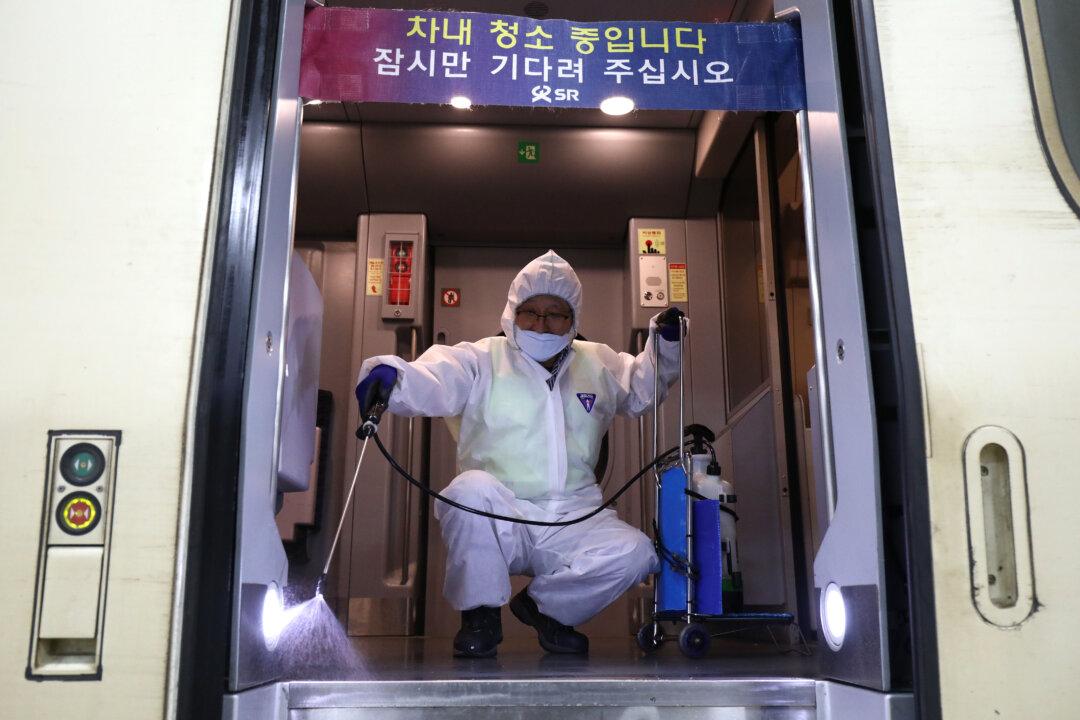A doctor in Wuhan City who has been treating patients with Wuhan pneumonia disclosed some alarming information about the new virus, and expressed concern that the disease will be out of control in the next several months due to the authorities’ slow response and lack of transparency.
The doctor, surnamed Xu, spoke to U.S.-based Chinese media Secret China on the condition of anonymity on Jan. 24.





